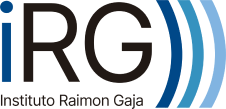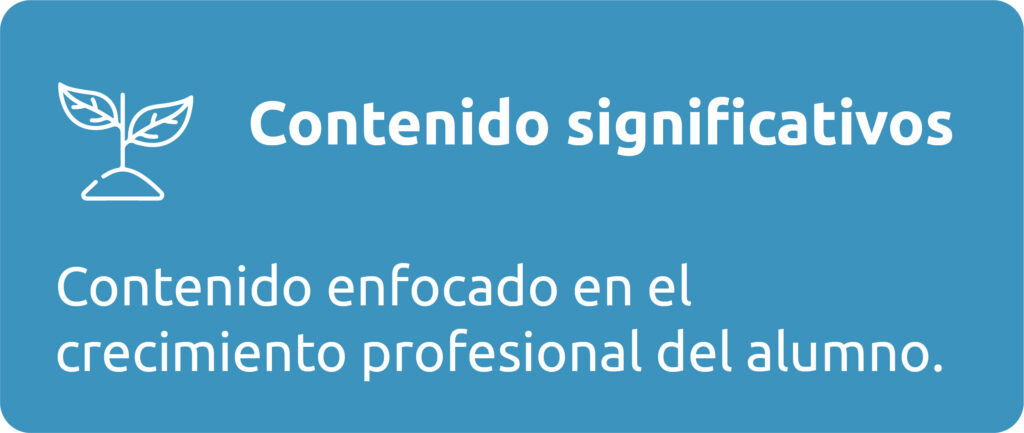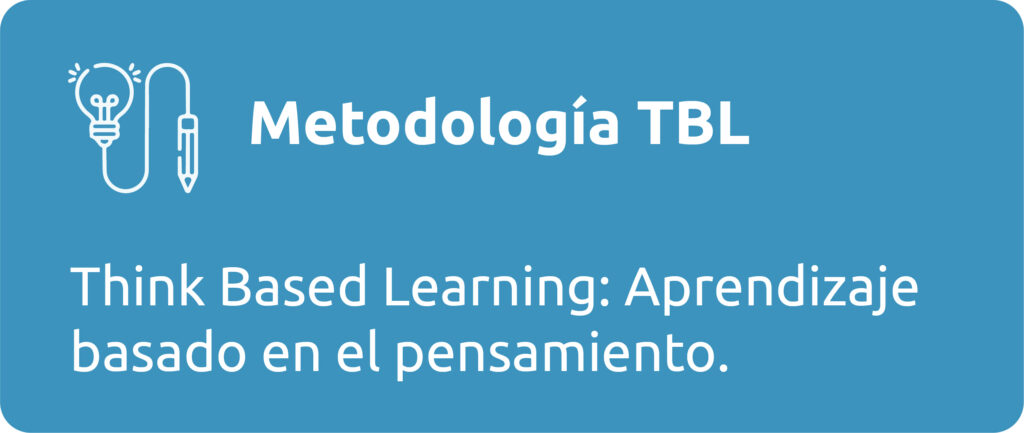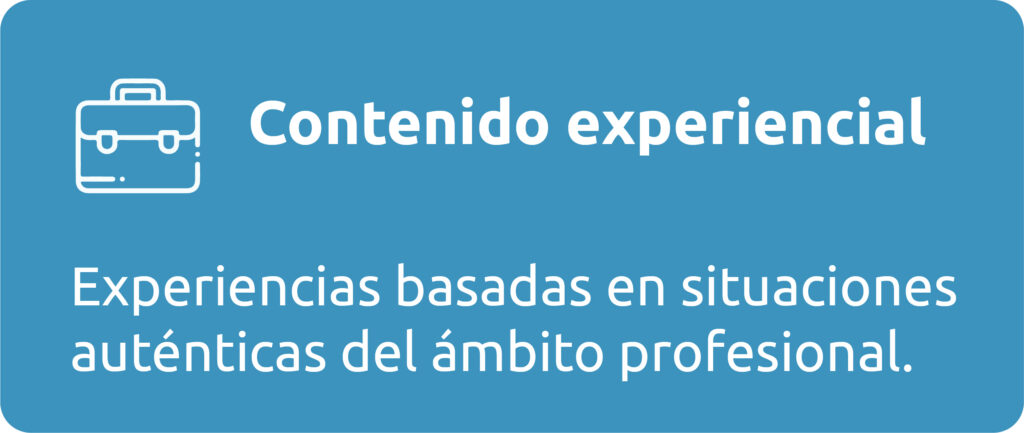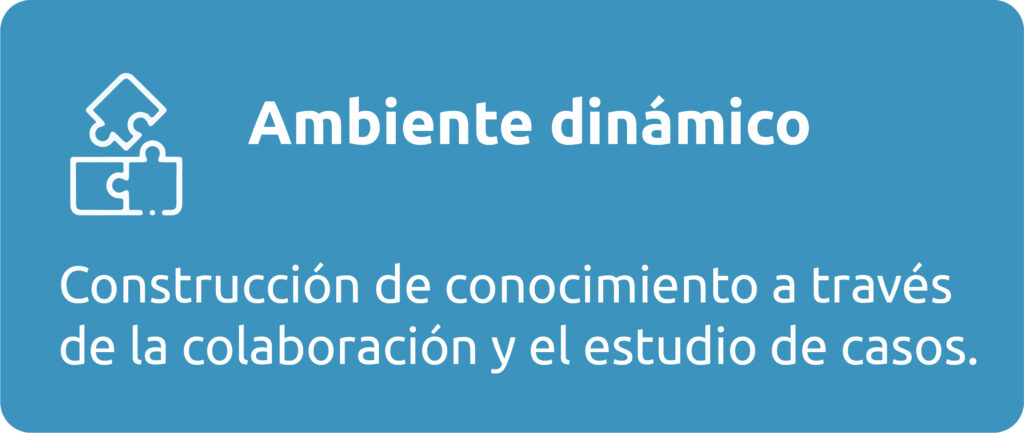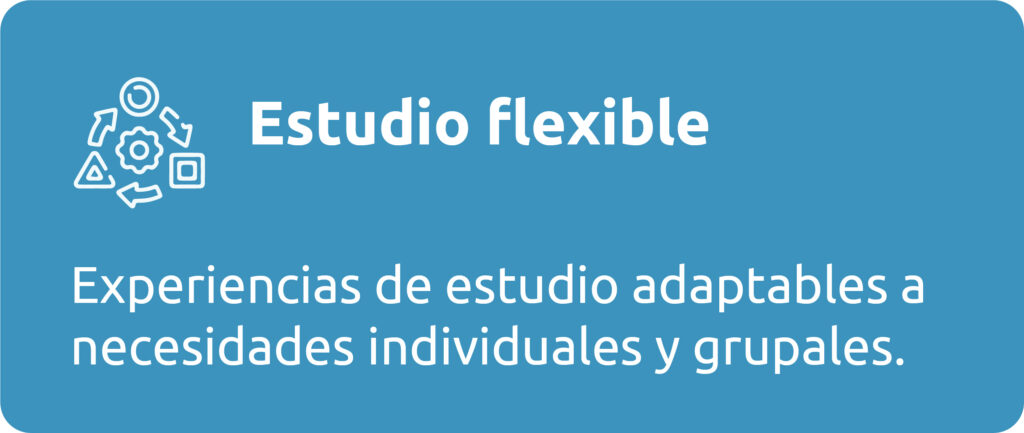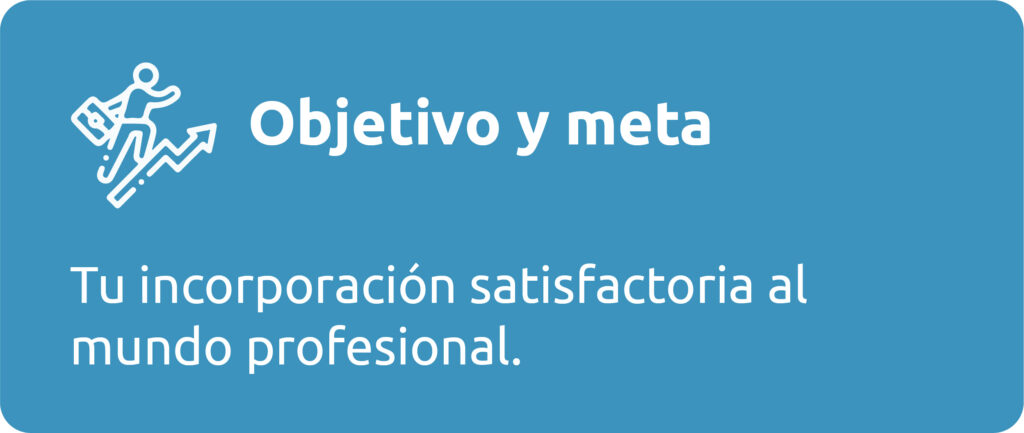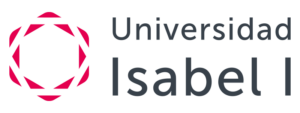The Master’s in Neuroeducation: Practical Applications in the Classroom begins with an exploration of the cognitive essence of the human brain concerning learning abilities and concepts. It then moves on to study the learning process at each developmental stage. Consequently, students gain a deep understanding of the neurofunctional profile required for learning. Next, the course explores which brain areas play a prominent role in this cognitive process and their relationship to academic performance. The final part of the Master’s focuses on learning how to address, from the perspective of educational neuroscience, the diverse needs of all students within educational institutions.
